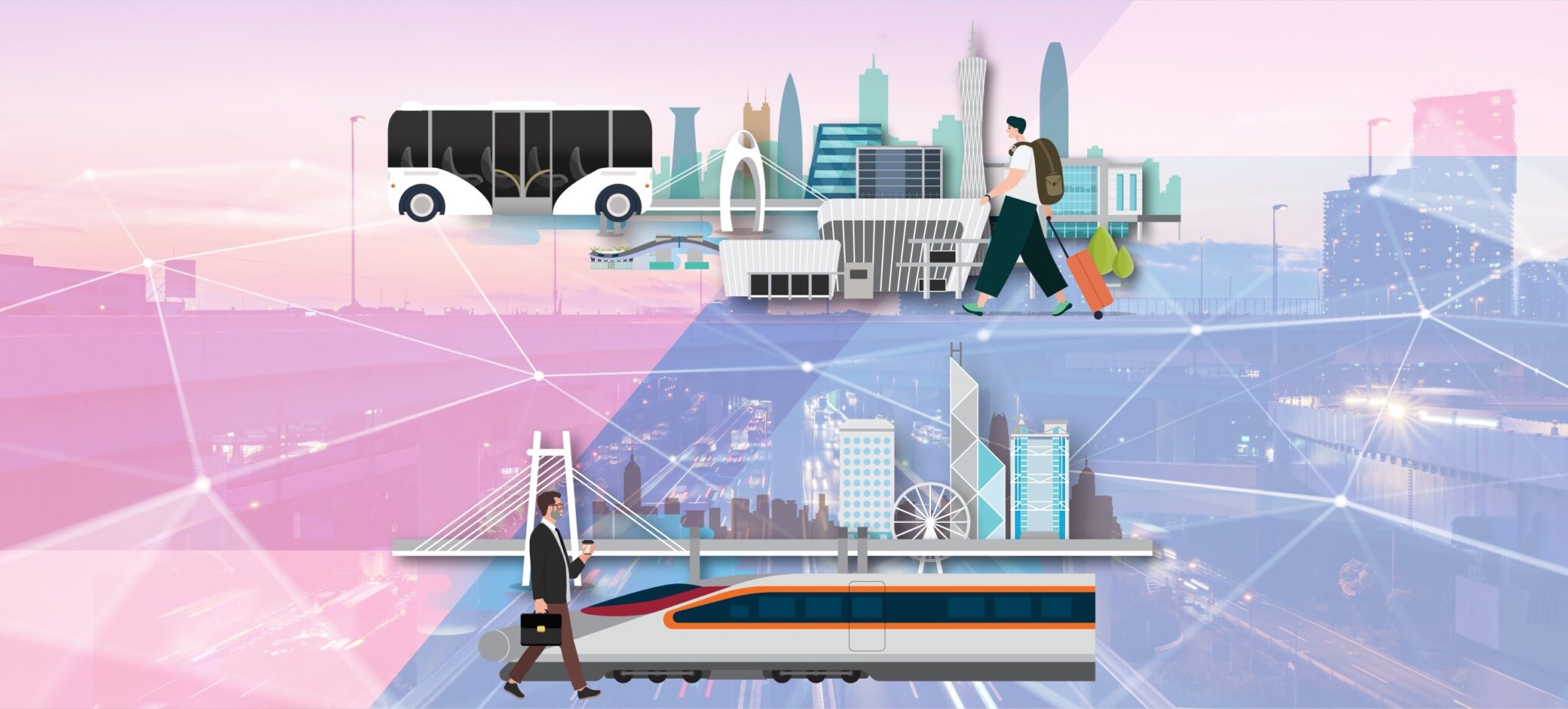
Transportation plays a vital role in our modern society, enabling the movement of people and goods across vast distances. However, beneath its undeniable benefits lie a myriad of disadvantages that often go unnoticed. In this article, we will delve into the less-discussed drawbacks of transportation, shedding light on the challenges it poses to our environment, economy, and personal well-being.
- Environmental Impact:
Transportation, particularly the reliance on fossil fuels, contributes significantly to environmental degradation. The burning of fossil fuels releases greenhouse gases, leading to climate change and air pollution. Additionally, the construction and maintenance of transportation infrastructure often result in habitat destruction and fragmentation, threatening biodiversity. - Congestion and Traffic:
As urbanization continues to accelerate, traffic congestion has become a ubiquitous problem in many cities worldwide. The increased number of vehicles on the road leads to longer commute times, wasted fuel, and heightened stress levels. Moreover, traffic congestion hampers the efficiency of transportation systems, impacting productivity and economic growth. - Dependence on Non-renewable Resources:
The transportation sector heavily relies on non-renewable resources, primarily oil. This dependence poses a significant risk to energy security, as oil reserves are finite and subject to geopolitical tensions. Fluctuating oil prices can also destabilize economies, affecting industries reliant on transportation, such as manufacturing and logistics. - Infrastructure Costs:
The development and maintenance of transportation infrastructure, such as roads, bridges, and airports, require substantial financial investments. These costs are often borne by governments and taxpayers, diverting funds from other essential sectors like healthcare and education. Additionally, infrastructure projects can face delays, budget overruns, and environmental controversies, further exacerbating the disadvantages of transportation. - Health and Safety Concerns:
Transportation-related accidents and injuries pose a significant threat to public health and safety. Road accidents, in particular, claim numerous lives each year and result in severe injuries. Furthermore, prolonged exposure to air pollution from transportation emissions can lead to respiratory problems, cardiovascular diseases, and other health issues. - Social Isolation and Inequality:
While transportation connects people and communities, it can also contribute to social isolation and inequality. In areas with limited or inadequate transportation options, individuals may face difficulties accessing essential services, education, and employment opportunities. This lack of mobility can perpetuate socioeconomic disparities and hinder social cohesion.
Conclusion:
While transportation undoubtedly facilitates our modern way of life, it is crucial to acknowledge and address its disadvantages. By understanding the environmental, economic, and social challenges associated with transportation, we can strive for sustainable and equitable mobility solutions. From investing in alternative fuels and public transportation to promoting urban planning that prioritizes walkability and cycling, we can mitigate the negative impacts of transportation and create a more inclusive and environmentally conscious future.
